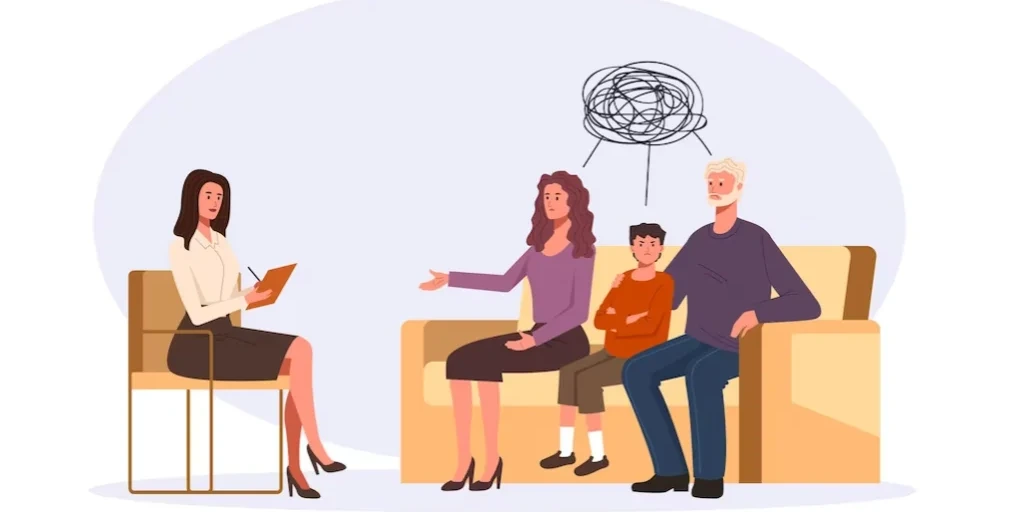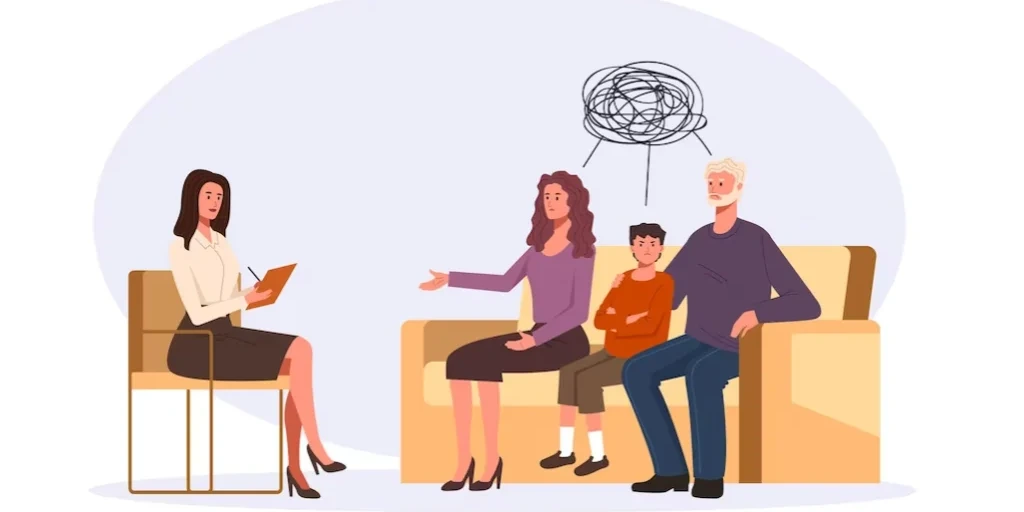24/7 Helpline:
(866) 899-221924/7 Helpline:
(866) 899-2219
Learn more about Opiate Detox centers in Alta Vista
Opiate Detox in Other Cities

Other Insurance Options

Evernorth

PHCS Network

Coventry Health Care

UnitedHealth Group

Medical Mutual of Ohio

AllWell

ComPsych

EmblemHealth

Aetna

Optum

Excellus

Group Health Incorporated

Humana

BlueShield

BHS | Behavioral Health Systems

WellPoint

Ambetter

American Behavioral

UMR

Kaiser Permanente























